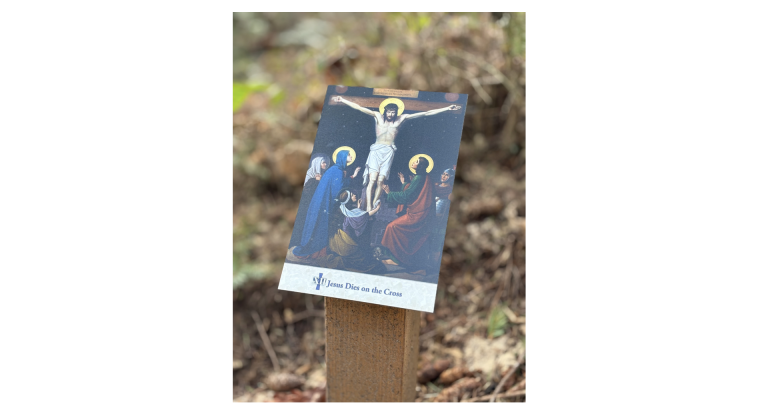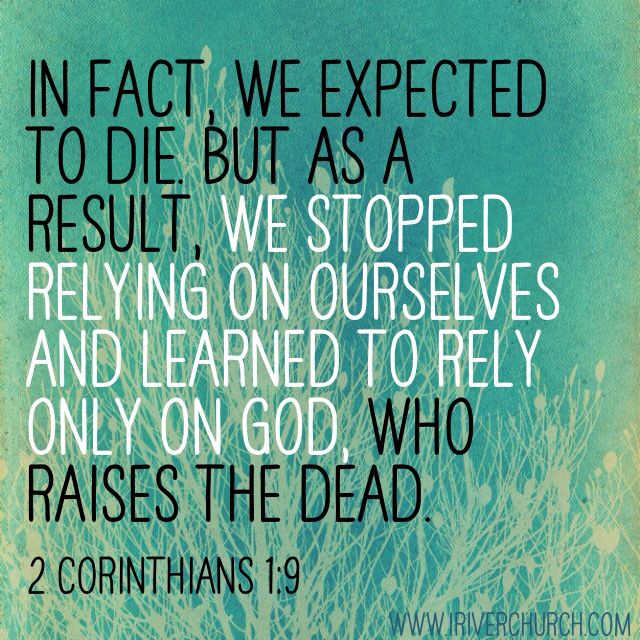Memento Mori Part 8: Looking Outside Yourself

Do you know someone who, when he or she is sick, isn’t the best patient? They become a bit of a whiner? We’ve all got plans, projects, and deadlines. Most of us live “behind schedule.” Now that we’ve got the flu, we won’t be making the kind of progress we expected to make on our to do list. Now we’re in a bad mood. You get the picture.
If, though, we’re facing a life-threatening illness or circumstance, we often handle this differently. After the initial shock, our focus in part shifts away from ourselves. It moves outward to those around us.
Emily DeArdo writes about this in the 8th chapter of her book, Living Memento Mori. Those who are dying or near death find their attention shifting away from themselves. The one suffering becomes more concerned about those who will carry on with their lives after their life is over.
You see this in people who, knowing they are dying, attempt to put their house in order.
You see this in those who willingly discuss, as unbelievable as this might be, the details of their memorial service.
You see this in those who seek to bring closure to relationships that have gone bad.
Emily points to this idea of looking outward, of being concerned about the needs of others, when writing about the 8th station of the cross. Unable to carry his own cross now and suffering in a way few can comprehend, Jesus still takes time to talk to the women as they follow him up the hill.
Jesus turned and said to them, “Daughters of Jerusalem, do not weep for me; weep for yourselves and for your children.” Luke 23:28

Living Memento Mori means thinking outside yourself. How your life, your words, and your actions affect others.
Emily recommends doing a self-inventory each day. In her faith tradition, she practices The Examen each day. More than 400 years ago St. Ignatius Loyola encouraged prayer-filled mindfulness by proposing what has come to be known as The Daily Examen. The Examen is a technique of prayerful reflection on the events of the day in order to detect God’s presence, what he is doing in our life, and to discern his direction for us.
Another option that some use is The Daily Office (Morning and Evening Prayers) from the Anglican Book of Common Prayer. This book dates back over 400 years ago and was originally compiled by Thomas Cranmer, Archbishop of Canterbury. A free booklet can be downloaded here: https://anglicancompass.com/getting-started-with-the-daily-office-a-rookie-anglican-guide/.
Living Memento Mori means thinking outside yourself, caring about the needs of others.
Thanks for Reading!
Curt Bumcrot, MRE

Final Days of the Early Bird Testing Discounts!
Register and pay now for remote testing and save $5 to $10 per student! To take advantage of this limited time offer and see the 2024 testing dates, go to www.basicskills.net/testing.
To schedule a remote private test call Jenny at 503-557-2223.
Sale ends February 4th!






